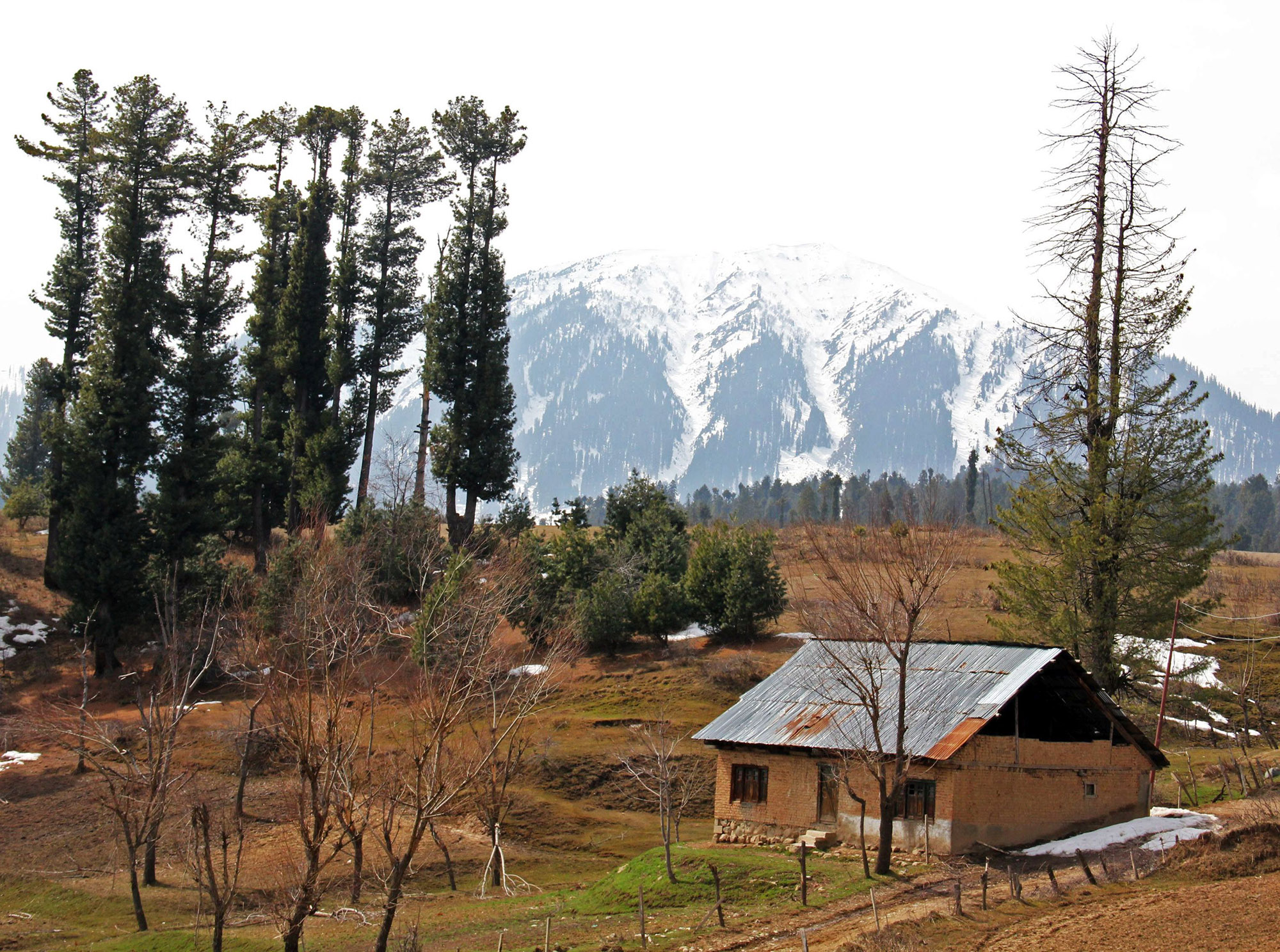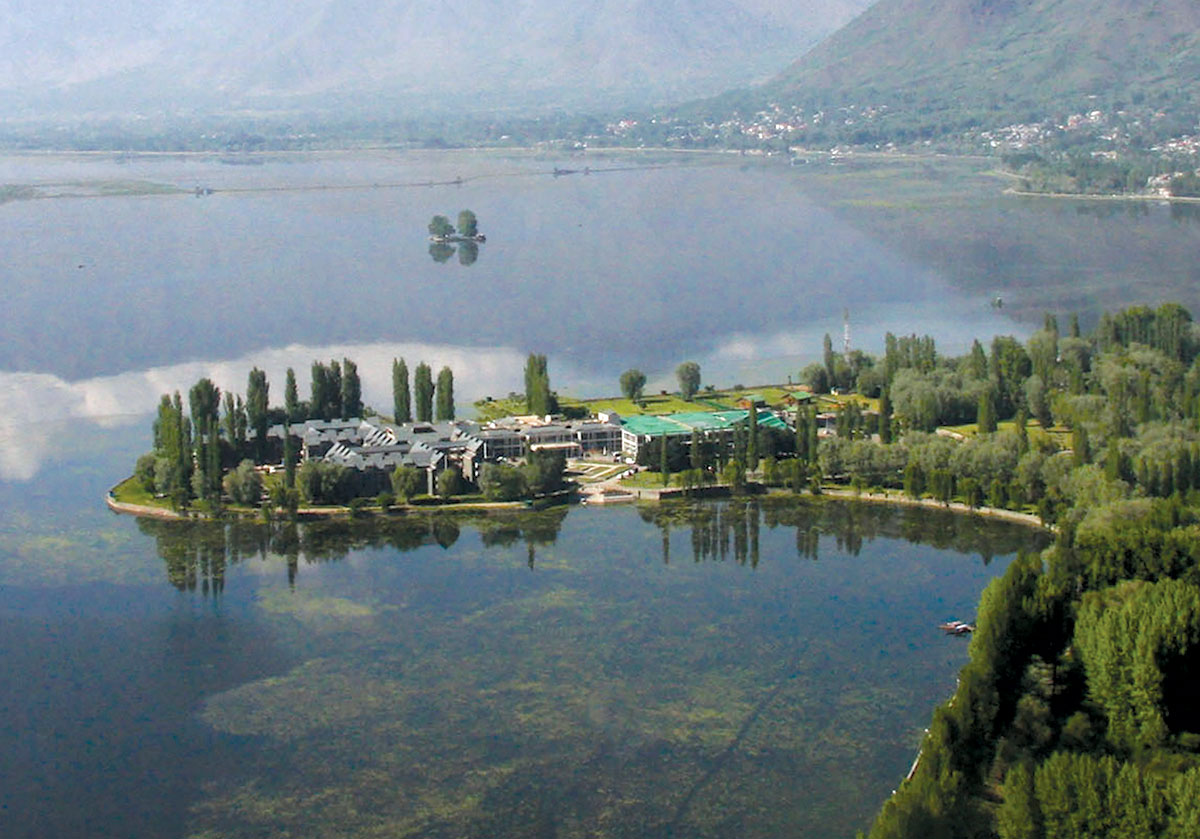by M Junaid Jazib
The snow-clad Himalayan slopes, otherwise perennially obscured by thick fog, are now clearly visible from the plains of Punjab. Water in the rivers and streams is miraculously regaining its original appearance. Oceans are witnessing the increased activity of aquatic life. Ambient air quality in the metropolises has started showing tremendous improvements with fog giving way to blue skies, pollutant level plummeted and noises suddenly replaced by a serene silence.

Even usual climatic adversaries seem to soften. Winds, pressure, humidity, precipitation, temperature, are behaving friendly to offer us marvellously suitable combinations. Nature seems to have returned and taken possession of our cities, towns and villages.
All these unanticipated yet awesome developments are certainly not the results of some divine intervention. Nor is this due to our committed efforts aiming to reverse the planet’s deteriorating health. It is not merely a matter of coincidence, either. This highly desired and optimistic, though fated to be transient, the environmental scenario is emerging at a time when humanity is facing deadly pandemic Covid-19 that is threatening lives and livelihoods across the world.
One-third of the world is under strict restrictions or a lockdown imposed by the governments to arrest or slow down the spread of the disease. With narrowed businesses and limited socio-cultural and economic activities, the lockdown decision is bound to result in huge economic losses at national and global scales. Nonetheless, the world was impulsive and unanimous in taking it upon itself to bear with and implement the economic and social shutdowns. And the wise and timely decision is actually proving a huge success not only in containing the epidemic but also serving another great purpose we hardly intended or care for.
The lockdown is proving a blessing in disguise for the natural environment on the earth. With less number of vehicles on roads, fewer industrial plants operating round the clock, countable and accountable individuals on streets, natural ecosystems in urban, suburban and rural areas have found an opportunity to breathe and rejuvenate. It reminds us that the environment is very quick and speedy in reviving and healing itself. It starts showing results in no time if given some space. However, in reflecting the damages we afflict on it, it behaves very benevolently displaying the highest degree of endurance and cushioning.

Everything costs something; every correction, some breakage; every amendment, some insertions or deletions; every construction, some destruction and so on. The present, almost global, lockdown is bound to have long-lasting, and undoubtedly some very serious, social and economic impacts. But the choice to be made here was between bearing serious and long-lasting effects versus mass mortalities and the saner world community has, obviously, embraced the first one.
With no belittling of the current crisis, the fact of the matter is that the environment-related hazards the world face today are far more certain, severe and complex in nature than a virus becoming a global threat just for the want of its vaccine and yet manageable through effective quarantines. From resource depletion to global warming, pollutions to extinctions and food problems to population explosion, there is a plethora of environmental problems drawing the planet every minute towards its tragic collapse.
Approaching universality in scale and immeasurability in magnitude, these issues are very much real and tangible but we, regrettably, do not realize their gravity and implications. It is for the lack of this realization that we still have to reach a consensus to act intelligently and appropriately to save the earth and our future on it.
The pandemic was more a natural phenomenon but ecological disruptions on our planet are by and large anthropogenic in origin for which we humans are accountable. Switching over to eco-friendly policies and sustainable developmental strategies can earn us cleaner and safer air, uncontaminated waters, fertile land, enough resources, healthy ecosystems, peaceful environs and a livable territory. So-called economic losses, if any, would be insignificant against the gains thus secured.
We, thus, do not yet have to pay very heavily for a safe and healthy environment provided we overcome our greed, quit extravagancy, think sustainably and act justly, judiciously and ethically. A lifestyle we are expected to adopt during this lockdown is, we have already proven, not that hard to permanently adhere to except for certain very basic amenities being denied at the moment. The measures taken during the lockdown such as maintaining high standards of individual and public hygiene, avoiding unnecessary gatherings, regulating aerial and land traffic and fixing business hours for corporate sector are also highly desired and admired from an environmental point of view. Why shouldn’t we think of taking it upon ourselves to extend this lockdown forever, of course with necessary modifications making it less severe and more workable?

Apart from its inherent implications, the lockdown teaches us three important things; first, though environmental degradation has reached an extent that we have forgotten the feel of enjoying in pure and natural ecosystems and get surprised to find our surroundings clean and safer; Second, natural environmental system being extremely flexible starts regaining its originality in no time provided it gets a chance; and third, it’s not at all a big deal or unaffordable for us to adopt eco-friendly ways of life if we want.
We need to learn a lot from the predicament we are caught in this time or else the planet would undergo a shutdown and we will have no say in it.
(The author is heading the Environmental Science department at the Government Post Graduate College, Rajouri. Ideas expressed in the write-up are personal.)















